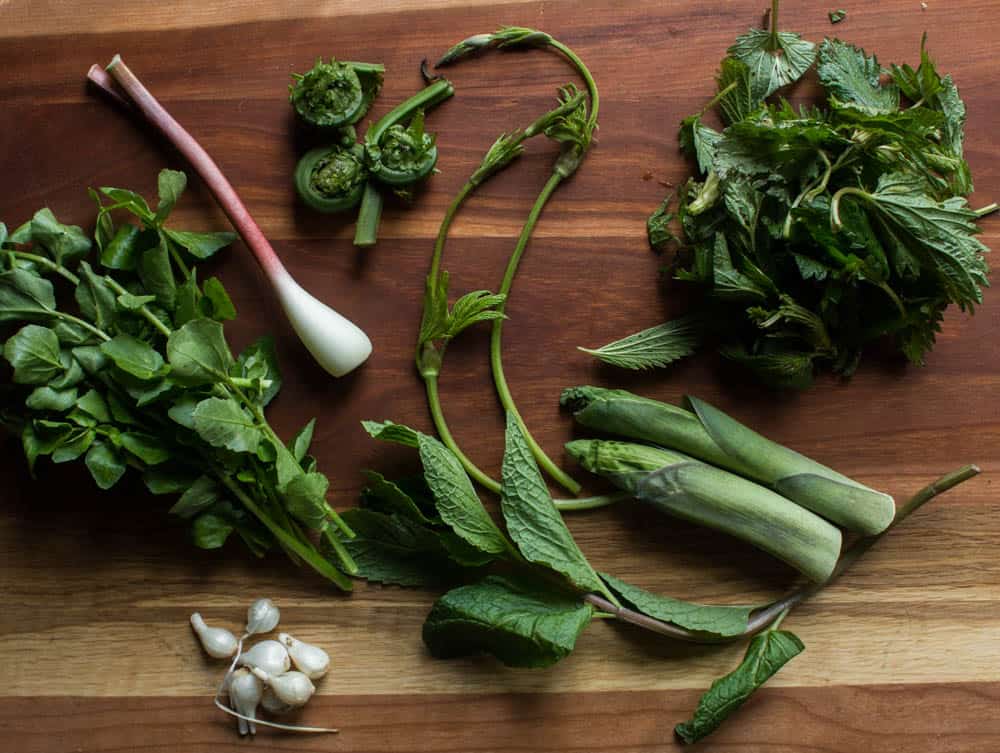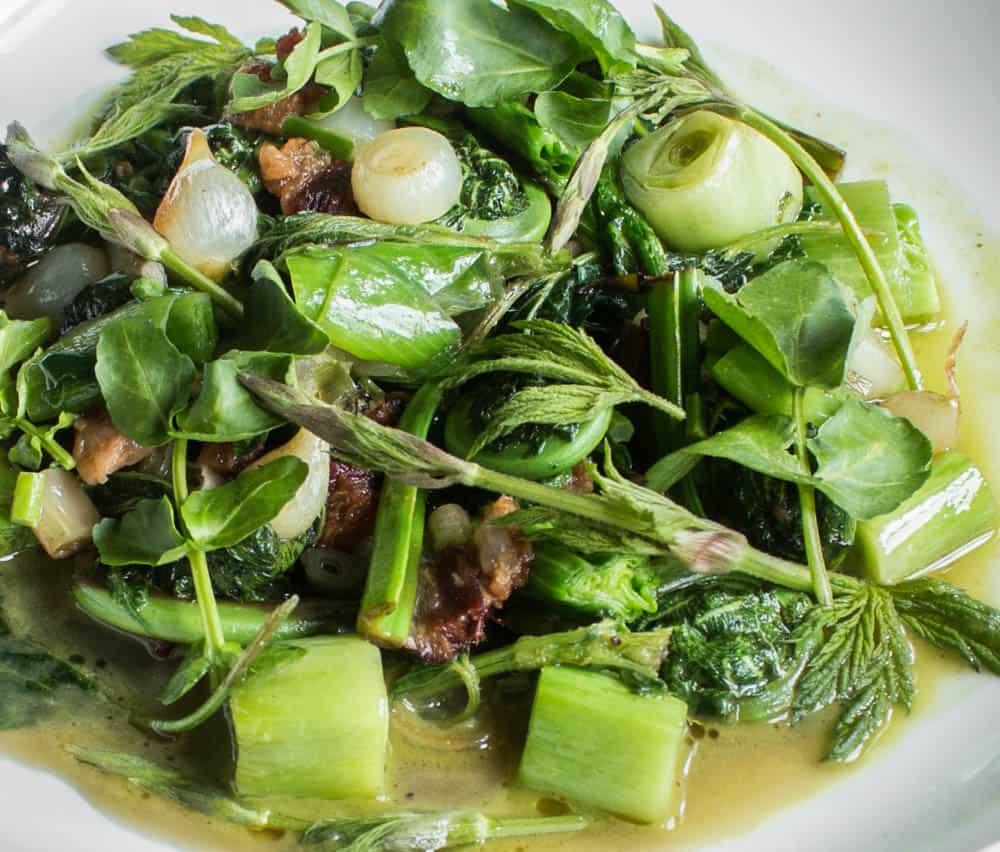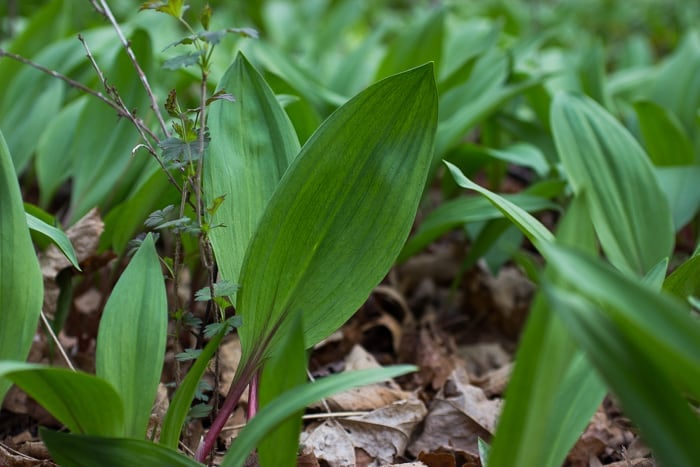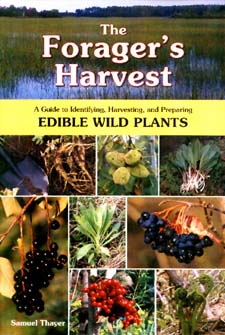
The importance of plants
When foraging comes up in conversation, a lot of times mushrooms may take the spotlight, since they command a higher price and aren't as dependable as plants, which will be in the exact same place year after year. The increased price that goes along with the "scarcity" of mushrooms shouldn't overshadow plants though. In my mind, a true forager, someone who practices what they preach, should be versed in plants and mushrooms.
The reason for knowing both, in my mind is multi-fold. Yes, it's exciting to hunt mushrooms, everybody wants them, all the fancy restaurants try to use them, and they cost a lot of money. But, wild plants command hefty prices too. Wholesale nettles can go as much as 20$/lb during their season!
Mushrooms are the most sought after foraged items, plants generally come in second, strictly speaking about price/lb. Don't let this fool you, wild plants are much more important to your repertoire if you're interested in providing food for your family that is healthy, chemical free, and delicious. Mushrooms make a great addition to a meal, but plants can be an entire meal in themselves.

A lot of problems in society (I'm speaking mostly about America here) can be traced to the food we eat. The store shelves are filled with overly processed grains and sugars, that lead to things like diabetes, weight issues, and overall poor health. Incorporating more plants into your diet can be the first step towards improving your quality of life if you're used to eating processed food, and the best part is, it can be yours, for free, all it takes is a little research and learning.
The thrill of the hunt can be just as exciting when you find a plant you've been searching for far and wide, and as plants are more dependable than mushrooms, adding them to what you harvest can make it so you never go home empty handed-a real struggle and learning curve when you're just starting out.
I'm no expert, but I've taught myself a few things. Here's a list of plants and casual profiles of them. I also have a companion page to this one all about mushrooms. All of my posts and information on plants and mushrooms are designed to be culinary companions to your field guides, not exhaustive botanical references.
Plant Profiles
Field Guides + Safe Foraging
As with mushrooms, I like to have a number of different field guides, since it's impossible for one book to cover everything. I also like to read books that aren't on my region, for example, I live in Minnesota, but I own a number of books on the flora of Alaska, Florida and the Southwest. Some of the hunt-able things won't be in my area, but there are a number of them that overlap.
One rap foraging gets is that it's dangerous. To that, I say, so is eating and McDonalds, or any other restaurant. With foraging, the only danger lies in mis-identification of certain plants, which, if you read a field guide or two, you'll begin to understand. Here's a couple ground rules:
- Don't put anything in your body that you aren't 1000% sure of what it is.
- Don't serve anything to anyone that you aren't 1000% sure won't give them a reaction.
Research food allergies, and incorporate new things gradually into your diet
Like with all other foods, some people have allergies to things that others do not. My girlfriend can't eat onions or garlic, and raw lily shoots give me nausea. Some people get sick if they eat trout lily, most people don't. It takes a little time to be comfortable, but, like I mentioned, after reading a field guide or two you'll be fine.
Get a good field guide
Speaking of field guides, the most authoritative ones I've read come from my friend Sam Thayer who has a whole storefront and cottage industry in Bruce Wisconsin. Instead of covering large amounts of plants broadly, Sam's books cover a smaller number of plants in depth, which makes for more comprehensive learning. If you're looking to buy a field guide, I recommend starting out with all of Sams books, and then branching out into other authors. Here's a link to his literature.
FORAGERS HARVEST FIELD GUIDES BY SAMUEL THAYER
Hunting wild plants is an exciting hobby for me, and makes me feel in touch with where I live. I didn't know anything about it when I started, and you don't have to either, all it takes is a little learning and effort.


